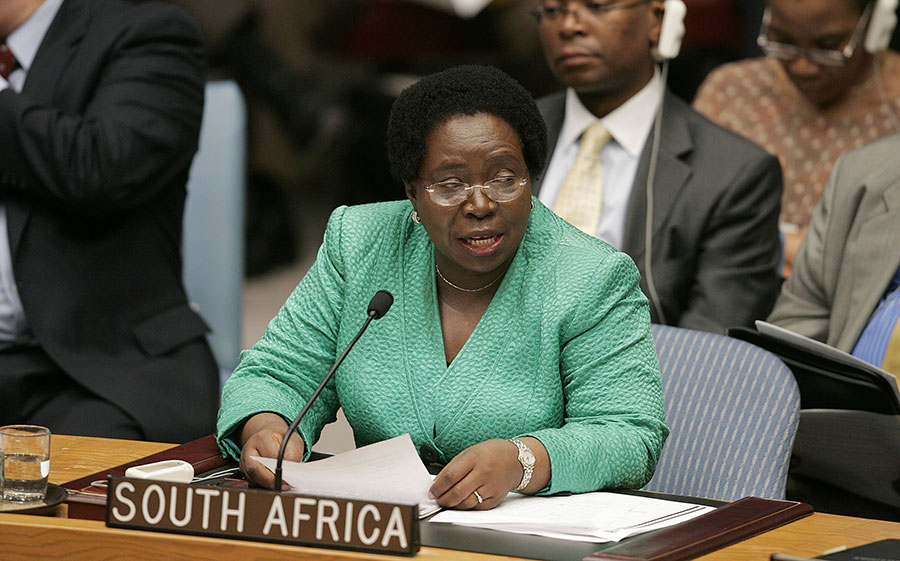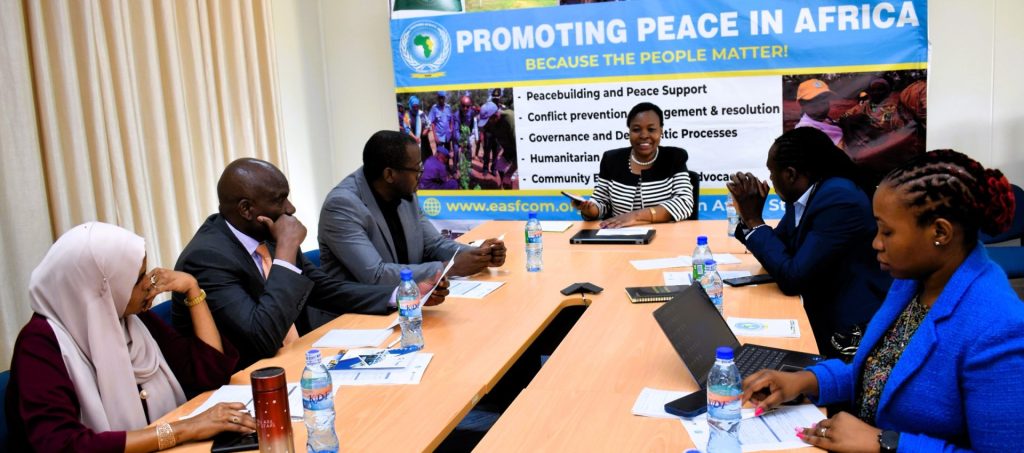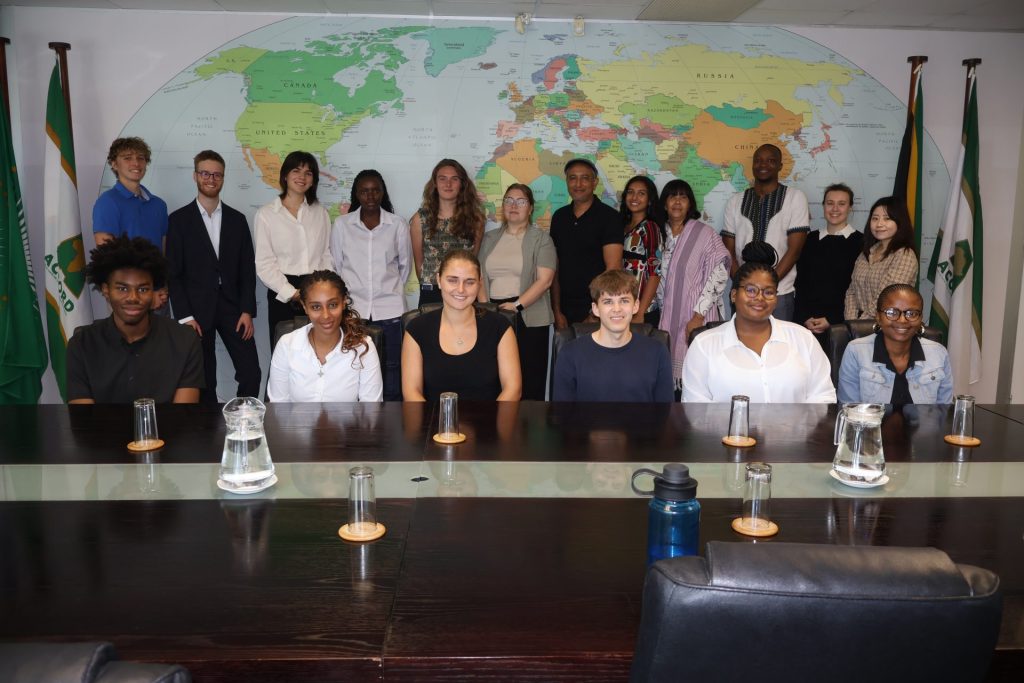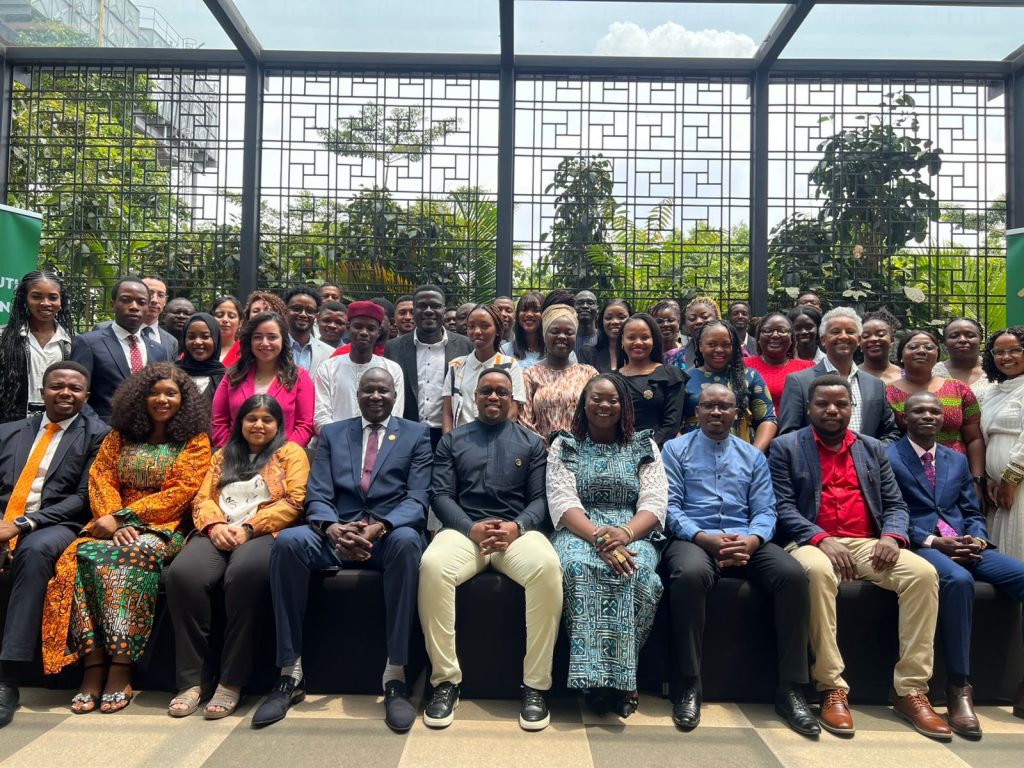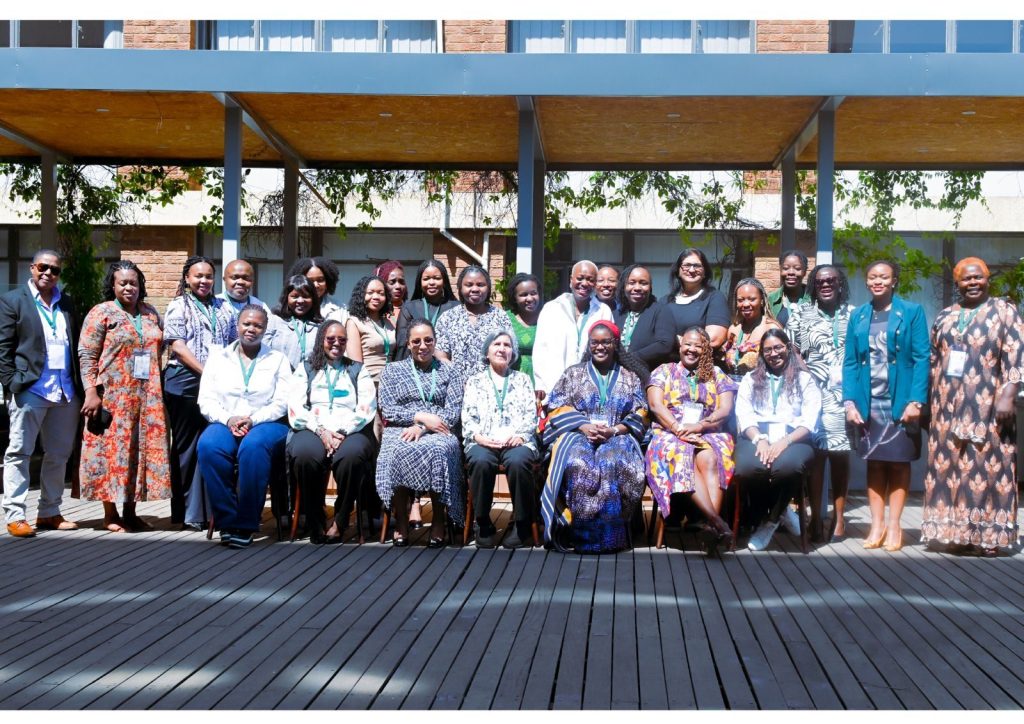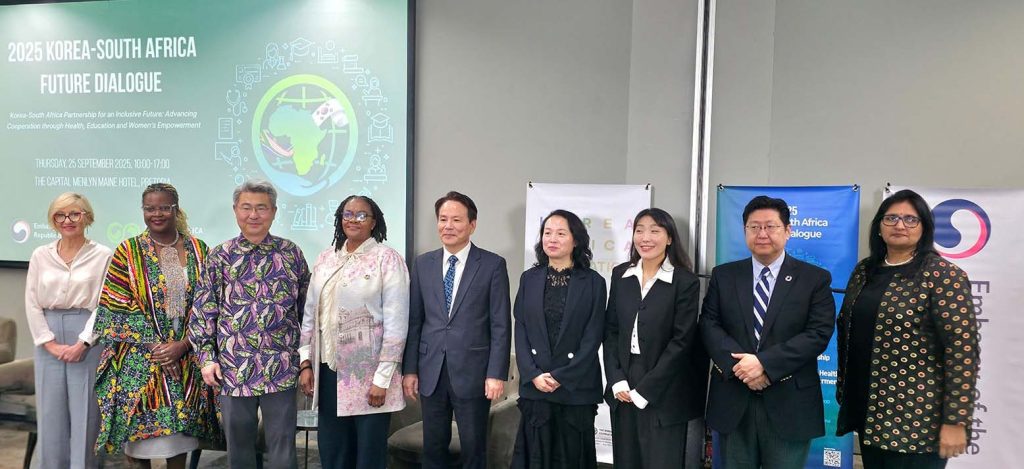The African Centre for the Constructive Resolution of Disputes (ACCORD) was recently represented at a Consultative Meeting on UN Women South Africa Multi-Country Office’s Draft Strategic Plan (2014-17) which aimed to obtain stakeholder feedback and contributions to allow for finalisation of the plan. ACCORD’s participation helped to ensure that women, peace, security and conflict resolution objectives and planned activities were strengthened. Deliberations during the meeting aimed to obtain the input of South African partners, although discussions at times took a regional focus.
This one-day consultative meeting took place on 23 September 2013 at the United Nations (UN) Entity for Gender Equality (UN Women) offices in Sunninghill, Johannesburg. ACCORD was represented by Petronella Mugoni, Senior Programme Officer in ACCORD’s Knowledge Production Department.
UN Women was established by UN Member States in July 2010 so that the UN would be better able to help Member States to accelerate progress towards their goals on gender equality and the empowerment of women. The creation of UN Women came about as part of the UN reform agenda, bringing together resources and mandates for greater impact.
UN Women operates through regional and country level programming. The UN Women South Africa Multi-Country Office covers five countries (Botswana, Lesotho, Namibia, South Africa and Swaziland). The specific priorities for the UN Women South Africa Multi-Country Office include:
- creation and strengthening of platforms to promote knowledge sharing and south to south learning;
- building capacities of women to enable them to overcome barriers and build a critical mass of women leaders at all levels;
- carrying out high level advocacy to remove structural and practical barriers that exclude women from positions of leadership; and
- promoting research, generation of evidence and documentation of good practices to inform programming aimed at achieving gender equality and women’s empowerment.
Development and implementation of the 2014-17 plan will focus on:
- strengthening inter-governmental normative frameworks and commitment to ensuring gender equality and the status of women’s rights, and trends in achieving gender equality, women’s rights and women’s empowerment; and
- strengthening country-level support to governments and UN country teams to support partners to implement activities.
Following the meeting, the convenors indicated that they would incorporate the feedback and contributions of participants into the strategic plan. Staff at the entity would then prepare work-plans based on the activities in the strategic plan to guide implementation of activities and the forging of partnerships in the prescribed timeframe. UN Women South Africa Multi-Country Office would also host consultations twice a year to inform stakeholders on the entity’s priorities, review progress in implementation and form collaborative relationships as necessary.
ACCORD’s participation in the meeting was important in informing discussions around women’s roles in conflict, peace and security, and in strengthening this area in the strategic plan. Women, conflict, peace and security is not an area in which South African women’s and gender organisations traditionally engage on, perhaps as a result of the country being relatively peaceful in terms of armed conflict and war, when compared to other countries in Africa. The southern Africa region still experiences conflict, however, as illustrated by civil unrest around democracy and governance issues currently being experienced in Swaziland, service delivery and wage-related protests in South Africa, challenges around the reintegration of former combatants in Namibia and Mozambique, and electoral disputes and pre- and post-election violence in Zimbabwe, among others.

